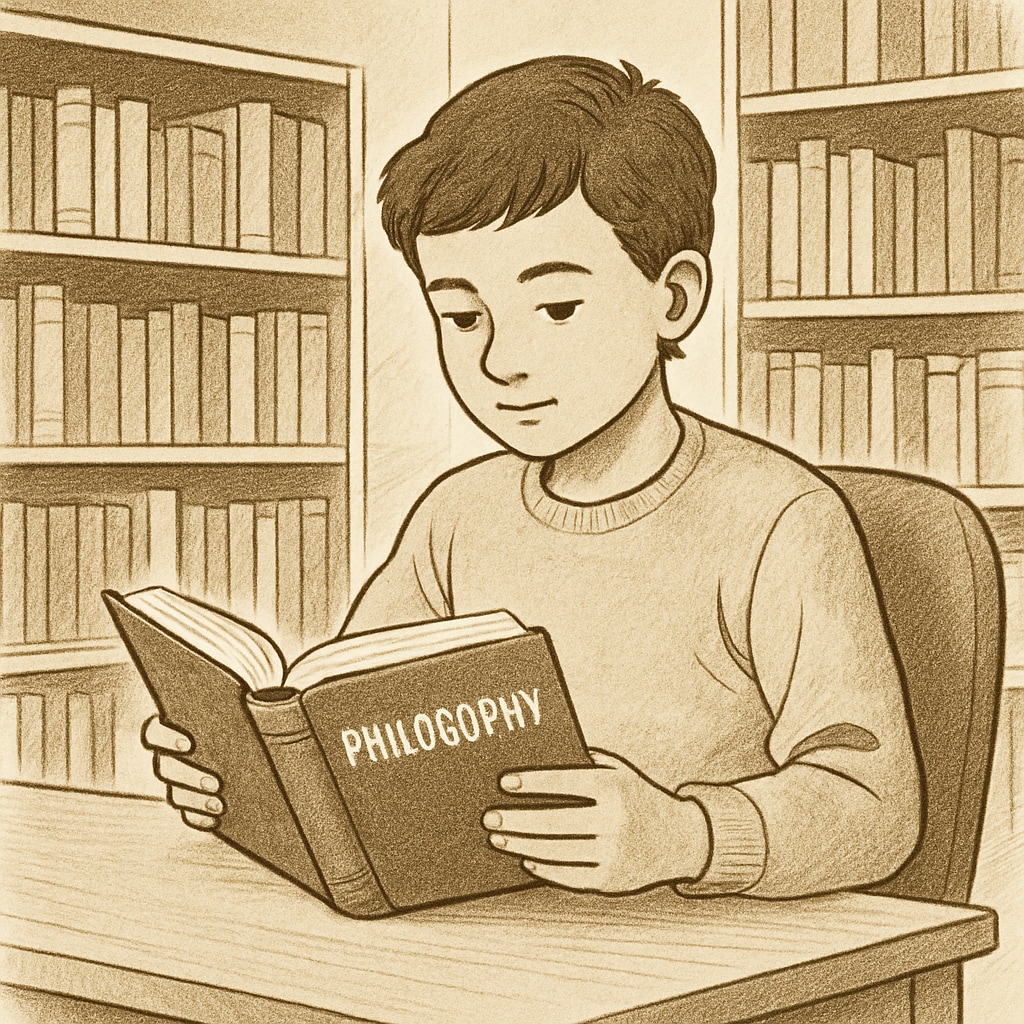Psychology and philosophy are two disciplines that offer profound insights into the workings of the mind and the nature of existence. For K12 students, exploring these subjects can spark curiosity, foster critical thinking, and lay the groundwork for lifelong learning. While formal education often touches only briefly on these topics, there are numerous self-learning resources available to help young learners delve deeper into psychology, philosophy, and their interconnected ideas.
In this article, we’ll explore practical ways for students to self-learn psychology and philosophy effectively, highlight accessible resources, and discuss how these subjects can enhance intellectual growth.
Why Self-Learn Psychology and Philosophy?
Psychology helps us understand the human mind, emotions, and behavior, while philosophy challenges us to think critically about existence, ethics, and the universe. Together, they encourage self-awareness and a deeper understanding of the world. For students in the K12 stage, these subjects offer a framework to develop key skills such as analytical thinking, empathy, and ethical reasoning.
Moreover, self-learning fosters independent thinking. By exploring topics at their own pace, students can pursue areas of interest that align with their personal curiosity, whether that’s the psychology of motivation, the philosophy of happiness, or the ethics of technology.

Essential Resources for Self-Learning Psychology
There are many beginner-friendly resources available for K12 students interested in psychology. Here are some of the best options:
- Books: Titles like “The Psychology Book” by DK and “Emotional Intelligence” by Daniel Goleman provide accessible insights into psychological concepts.
- Online Courses: Platforms like Coursera and Khan Academy offer free or affordable courses tailored to beginners in psychology.
- Podcasts: Educational podcasts like “The Psych Files” or “Speaking of Psychology” introduce key psychological concepts in an engaging format.
- Interactive Apps: Apps such as Lumosity or Happify use psychological principles to gamify learning, making it fun and interactive.
By using these resources, students can explore topics such as cognitive biases, mental health, and the science of learning.
Exploring Philosophy: Methods and Tools
Philosophy may seem daunting, but it’s actually highly accessible when approached with curiosity. Here’s how K12 students can delve into philosophy:
- Beginner-Friendly Texts: Books like “The Philosophy Book” by DK and “Sophie’s World” by Jostein Gaarder make complex ideas easy to understand.
- Video Resources: YouTube channels such as The School of Life and CrashCourse Philosophy present philosophical topics in short, engaging videos.
- Discussion Groups: Joining local or online forums can provide an opportunity to discuss philosophical questions with peers. Platforms like Reddit’s Philosophy Community are excellent starting points.
- Philosophical Dialogues: Experimenting with Socratic questioning—asking and answering thought-provoking questions—can deepen understanding.
Through these methods, students can explore areas such as ethics, metaphysics, and the philosophy of science.

Tips for Effective Self-Learning
Here are some practical tips to maximize the benefits of self-learning in psychology and philosophy:
- Set Clear Goals: Define what you want to achieve, such as understanding a specific theory or answering a philosophical question.
- Allocate Regular Time: Consistency is key. Dedicate specific hours each week to study.
- Engage Actively: Take notes, summarize ideas, and discuss them with friends or mentors.
- Connect Concepts: Look for overlaps between psychology and philosophy, such as the philosophy of mind or moral psychology.
- Reflect and Apply: Consider how the concepts you learn apply to your daily life and beliefs.
By following these steps, students can make the most of their self-learning journey and develop a lasting appreciation for these disciplines.
Conclusion: A Lifelong Journey of Discovery
Psychology and philosophy invite us to explore the depths of the mind and the nature of reality. By leveraging accessible self-learning resources, K12 students can nurture their curiosity and build a strong foundation for intellectual growth. Whether through books, online courses, or discussions, the journey of self-learning in these fields is both enriching and transformative.
Start your journey today, and unlock the doors to the fascinating world of ideas and insights.


